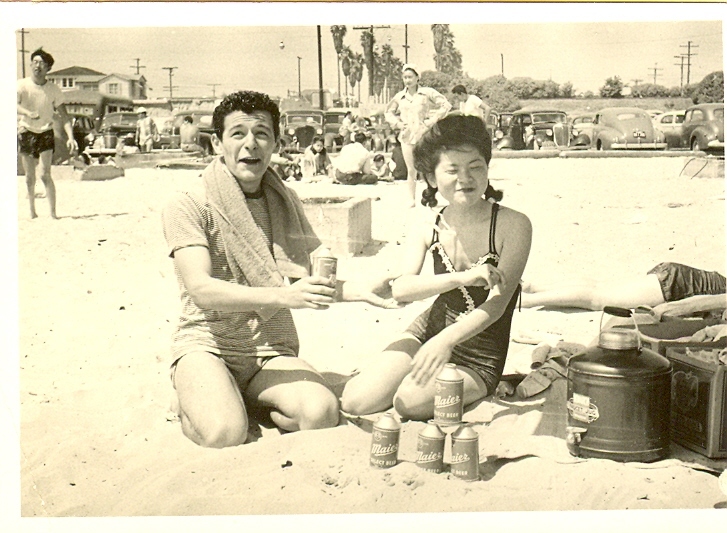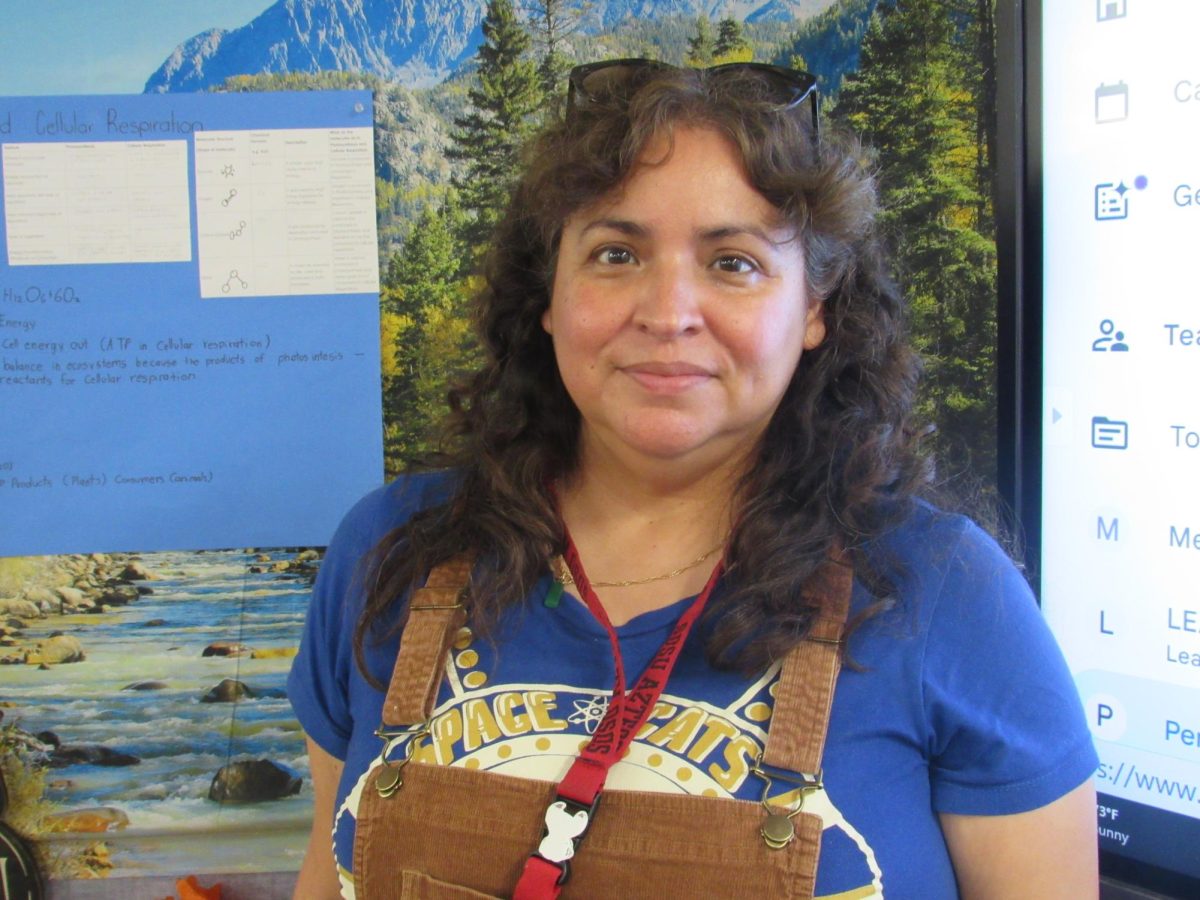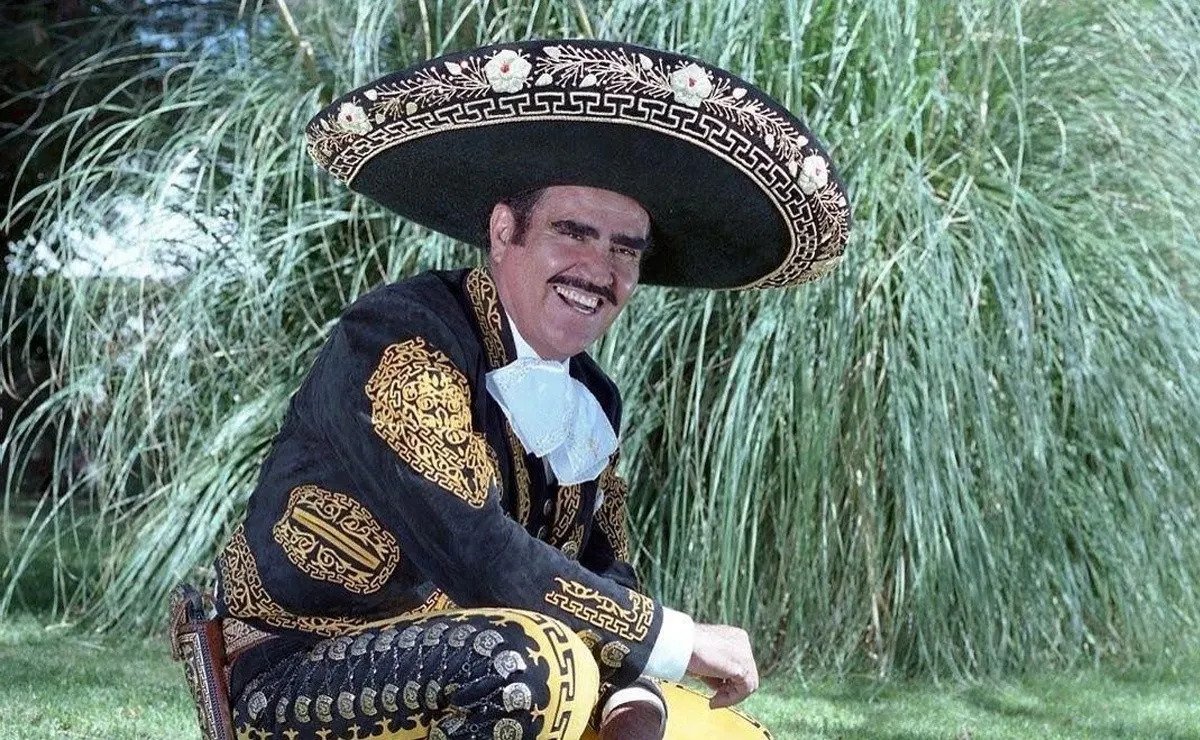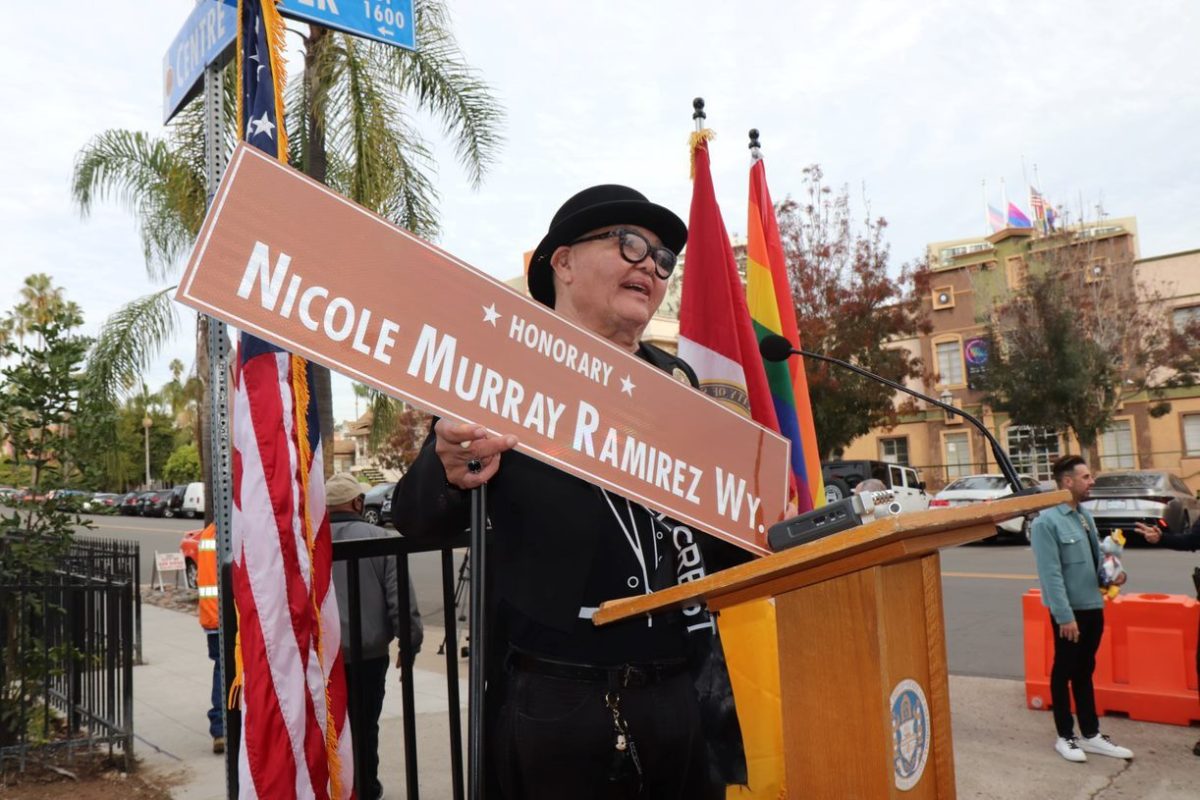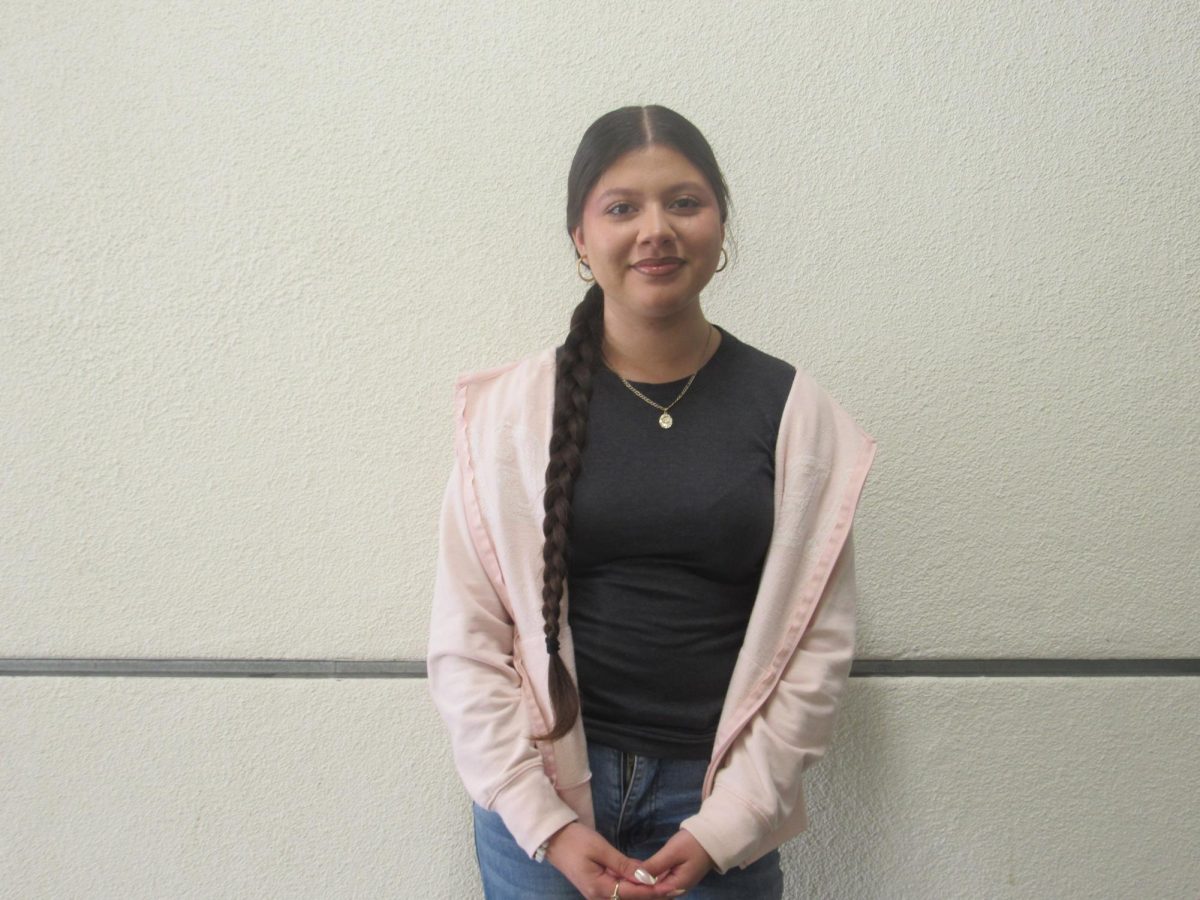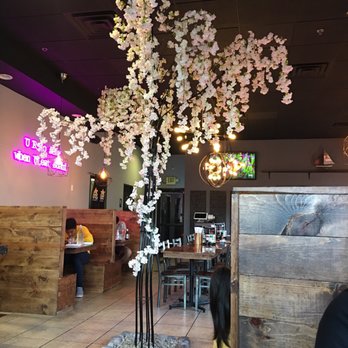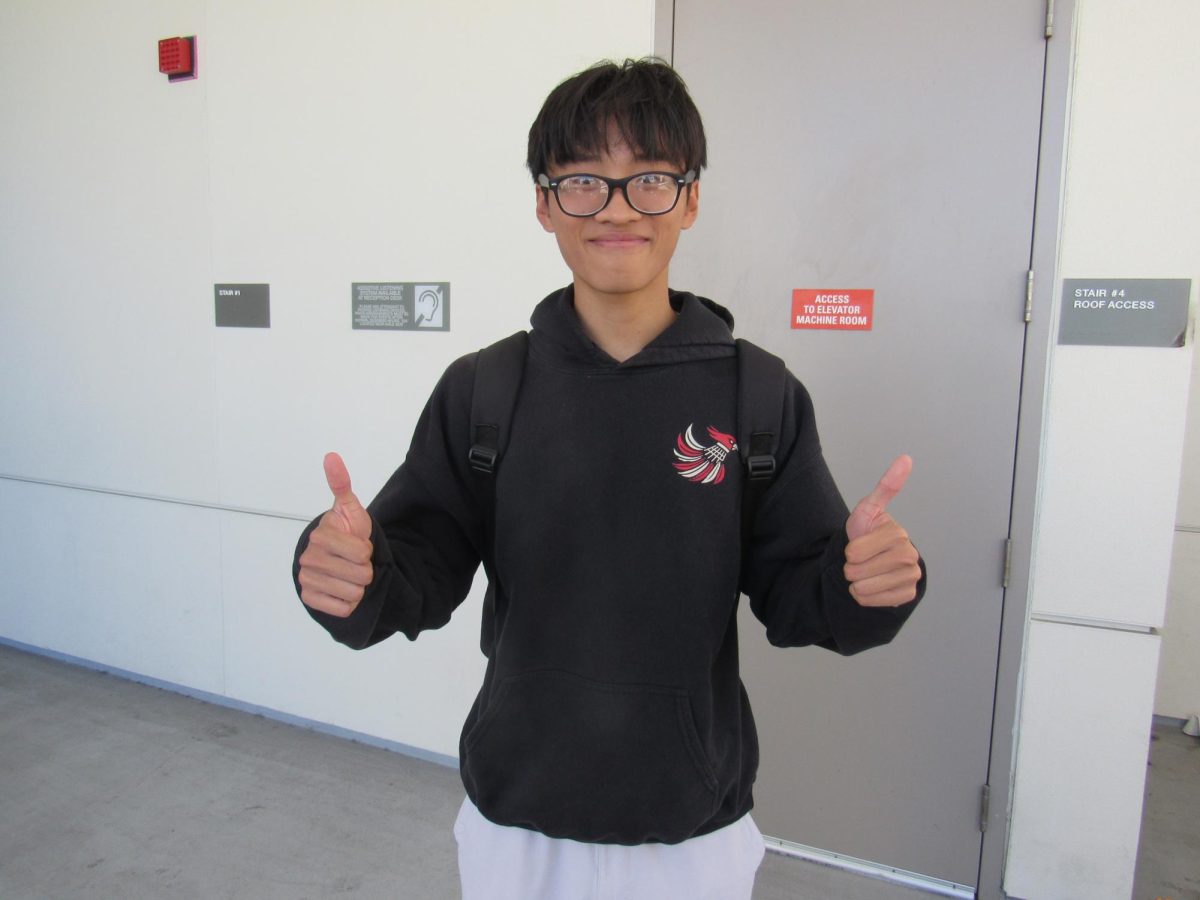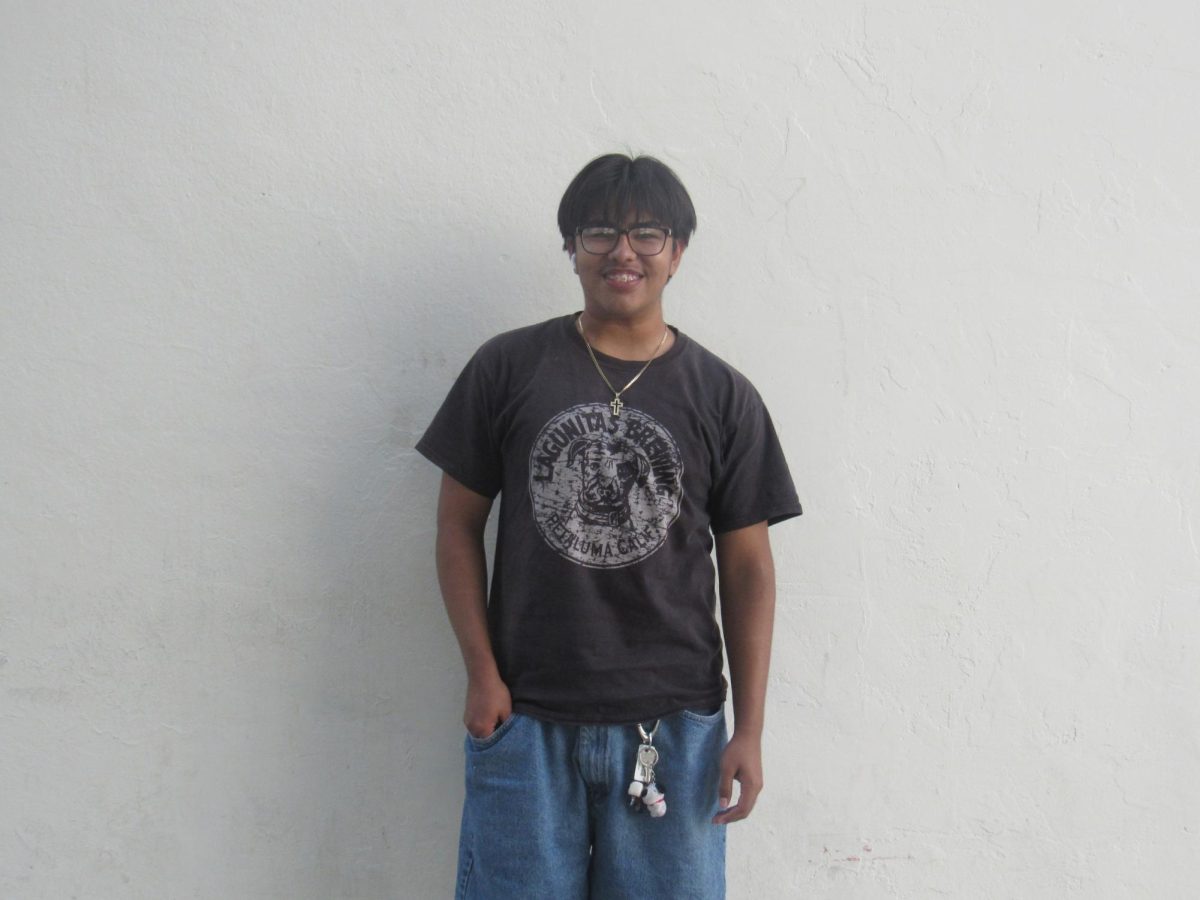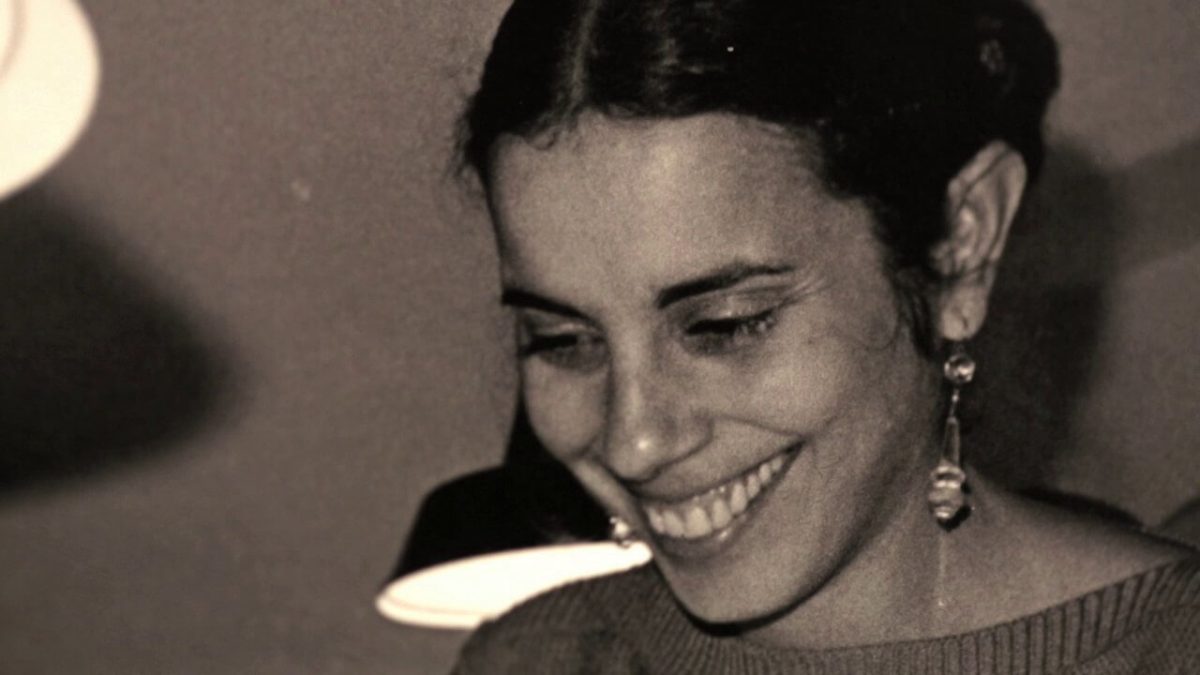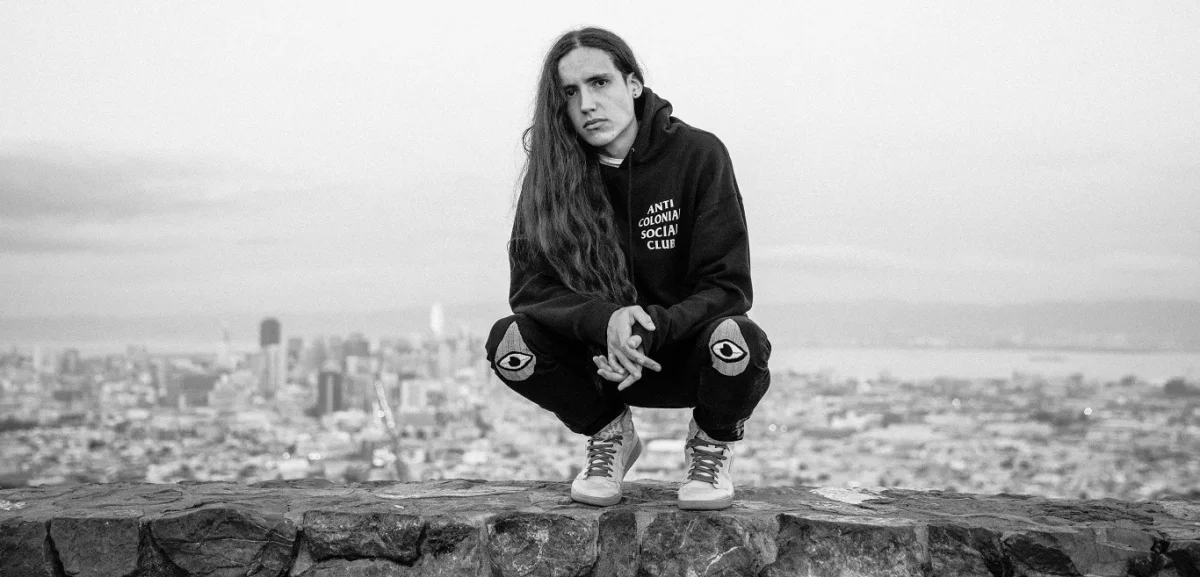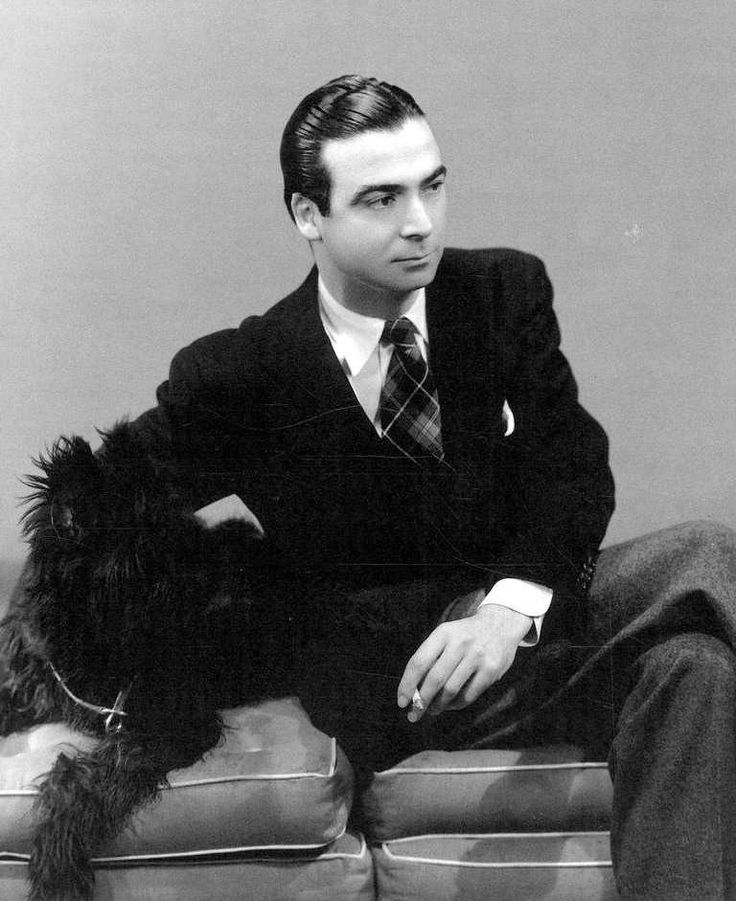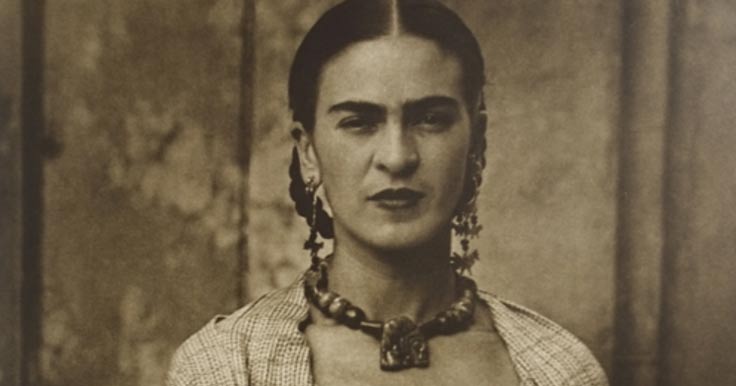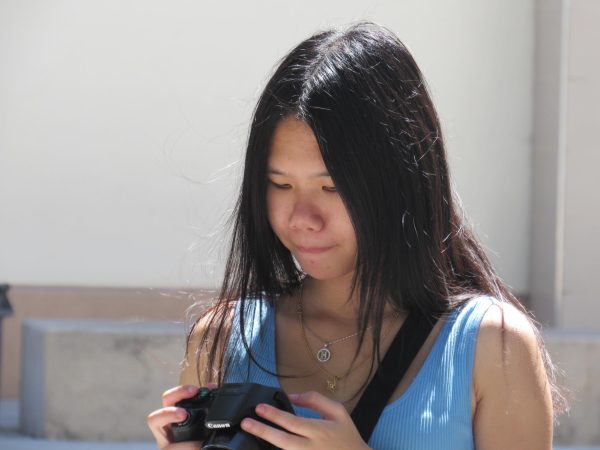Ralph Lazo’s career was spent teaching, mentoring disabled students and encouraging Hispanics to attend college and vote. He was also a voluntary prisoner.
Lazo was a prisoner by choice. He went to Manzanar internment camp where he stayed for two years. He opted to join his Nisel friends in Manzanar to show support and as a protest against injustice. Lazo was the only known non-spouse, non-Japanese American who was relocated into a Japanese American internment camp during World War II. Some people saw his action as a years-long proof of enemy sympathies, but he saw it as an act of solidarity. Lazo served in the South Pacific as a staff sergeant up until 1946, helping liberate the Philippines and was awarded the Bronze Star for heroism in combat and bravery.
Lazo, a Mexican American, graduated college in UCLA with a masters degree from Cal State Northridge. He was also one of the first people to donate $1,000 to a class-action lawsuit to win reparations for Japanese Americans during World War II, which created the Civil Liberties Act of 1988. He attended the University of California, Los Angeles, Belmont High School, California State University, and Cal State Northridge. In his teenage years, he faced discrimination because he watched as his friends, the Japanese American children of Japanese immigrants, were discriminated against. This discrimination snowballed after the Japanese attack on Pearl Harbor and the United States’ entry into World War II in 1941.
“These people hadn’t done anything that I hadn’t done except go to Japanese language school,” exclaimed Lazo.
It was stated that over 110,000 people of Japanese heritage were interned, 62% being American citizens which was too many Americans at the time.
“Internment was immortal,” Lazo told the Los Angeles Times. “It was wrong, and I couldn’t accept it.”

